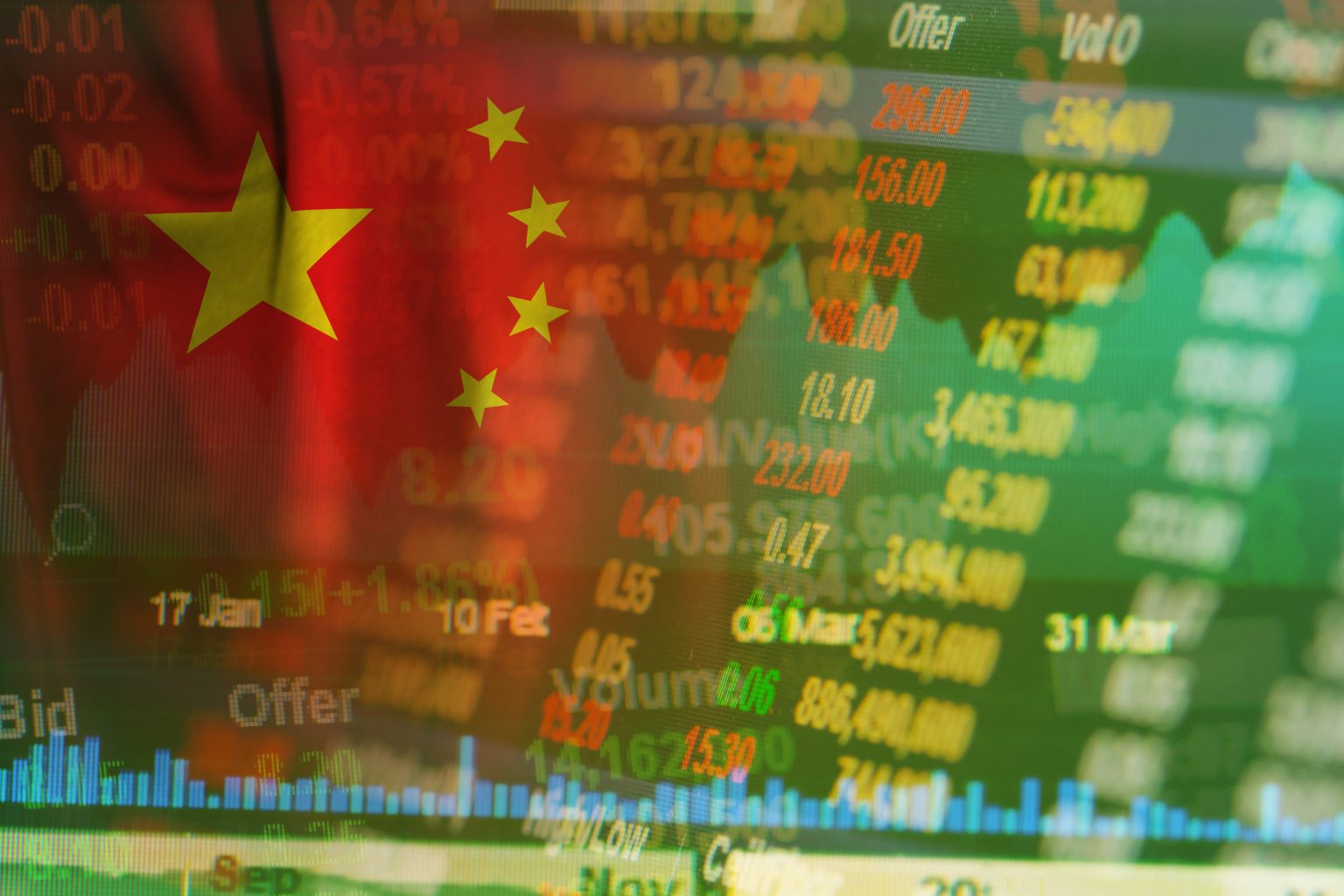China’s economic slowdown and ongoing deflation are set to create both winners and losers across the global economy, according to a new report by Euromonitor International.
Lan Ha, Head of Economic Research at Euromonitor, highlighted that China’s post-pandemic recovery has faltered due to declining export demand and sluggish domestic consumption growth. Despite a projected growth rate of around 5.0% for 2023-2024, this figure falls short of the pre-pandemic average of 7.7% annually from 2010 to 2019.
In response to the economic downturn, the People’s Bank of China has cut interest rates twice this year, in June and August. However, additional fiscal stimulus, such as tax breaks for manufacturers, may be necessary to boost growth. Ongoing issues in the real estate sector are raising concerns about the stability of China’s financial system, potentially leading to a more severe global economic impact.
“China’s economic growth lost momentum in the second quarter of 2023,” said Ha. “Exports, which were once a major growth driver, have contracted by 14.5% in July 2023, the steepest decline since the COVID-19 outbreak. The combination of weaker global demand and rising geopolitical tensions is affecting Chinese exporters.”
Domestically, China’s real estate problems and weakened consumer spending are contributing to deflationary pressures, signaling a weakening economy. The deflation is exacerbating the country’s high debt burden, with private and public debt reaching nearly three times China’s GDP in 2022, according to the Bank of International Settlements.
Justinas Liuima, Industrial Insights Manager at Euromonitor, noted that China’s deflation could worsen its debt problems, as falling prices increase the real value of debt. This situation forces Chinese companies and local governments to allocate more resources to servicing debt, limiting spending and investment capabilities. “The challenge for Chinese authorities is to halt the cycle of declining prices, reduced demand, lower output, and rising unemployment,” Liuima said.
The global impact of China’s slowdown will vary across different regions and sectors. Exporters to China and retailers within the country are expected to face difficulties due to weaker B2B and private consumption growth. China’s slowdown will particularly affect commodity exporters in Latin America and Australia, who rely heavily on Chinese demand for their goods.
On the positive side, the lower cost of manufactured goods from China may help ease global price pressures. Additionally, Europe stands to benefit from reduced competition in the global energy and natural gas markets. Lower energy prices could ease some of the pressures on European countries, which have been particularly vulnerable to natural gas price shocks.
However, Liuima warned that while falling Chinese prices could increase competition and impact foreign companies, significant changes to the global competition landscape are unlikely in the short term. It would require a prolonged period of deflation and currency depreciation to see substantial effects.
For further insights into China’s economic challenges and their global implications, visit Euromonitor International’s detailed reports and analysis.



